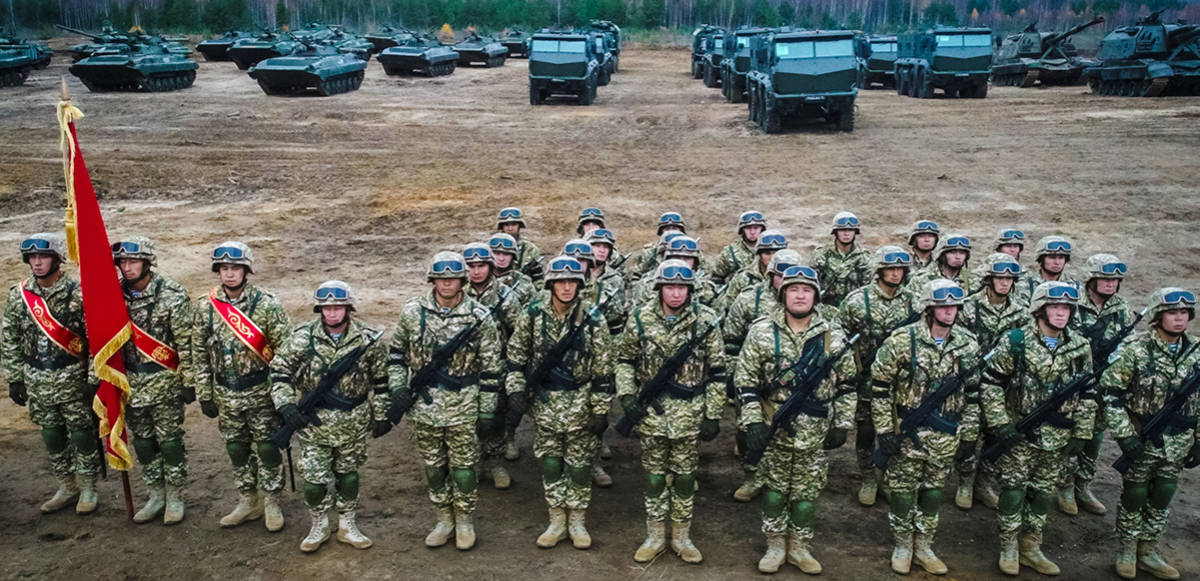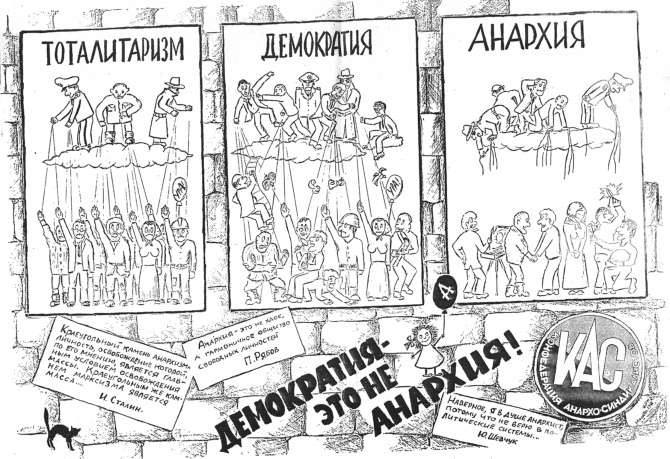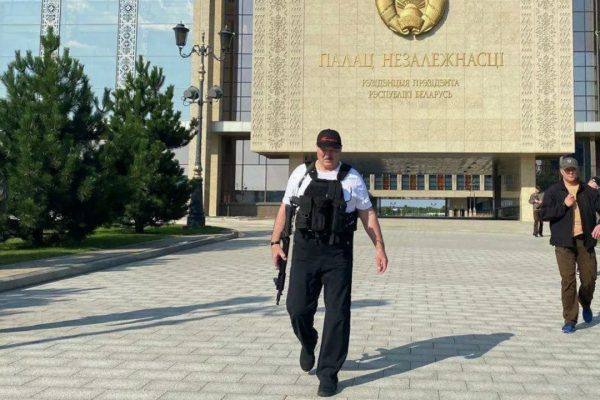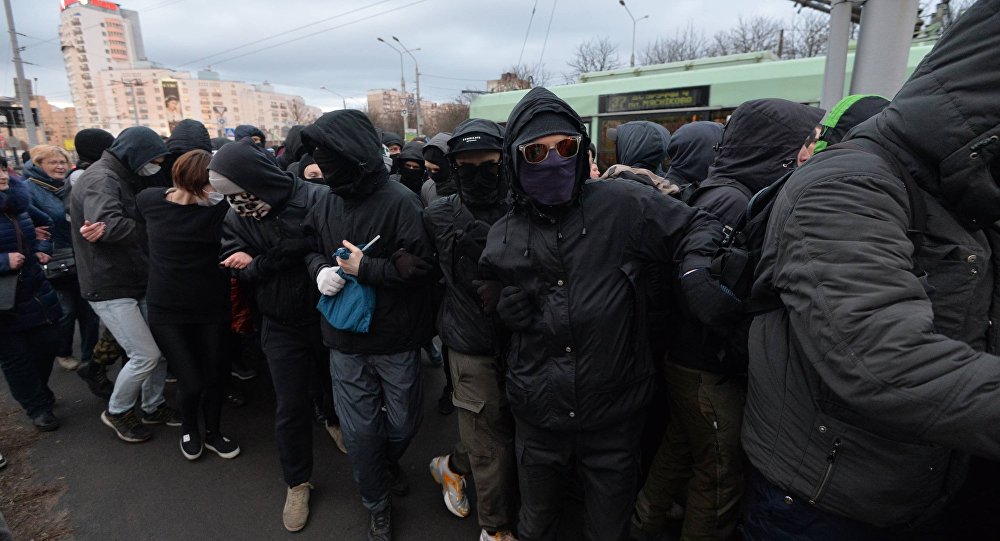It has only been a few days since the start of the protests in Kazakhstan. The determination of the demonstrators quickly turned the protests into a full-fledged revolution against the Nazarbayev/Tokayev regime. Seizures of administrative buildings, strikes and marches swept across the country, and by the evening of January 5, Almaty was completely free of the ruling elite’s.
To the rapid success of the protesters, Tokayev responded with shootings, assassinations and the introduction of the military into various cities of the country. Once again, in the hope of preserving his own power, the dictator began to shed the blood of the people. But the Kazakh dictatorship, like the Belarussian one, exists in the sphere of Russian political influence. That’s why, just a few hours after the liberation of Almaty, there was a lot of talk about Moscow’s intervention in the uprising.
First of all, they remembered the CSTO, the very structure, which had been foretold the role of Putin’s gendarme, ready to put out the fire of liberation in pro-Russian dictatorships. The request for help was a formality, and the step-by-step actions were most likely agreed upon in that very phone call between Putin, Lukashenko and Tokayev.
Moscow’s invasion of Kazakhstan in the midst of the protests against the regime shows the world that Putin sees the CSTO countries as colonies in which the system descended from Russia will exist until the master decides that it is time to change something. Back during the 2020 protests in Belarus, many feared the introduction of Russian troops to help Lukashenko. Then the dictator managed on his own without unnecessary international conflict. The protests of recent days, without outside intervention, would most likely have ended the regime built by the Nazarbayev clan within days or weeks.
But now a punitive expedition has already been brought into the country, aimed precisely at stabilizing the dictatorship. Any stories about the restoration of peace and friendship are blatant lies of Moscow propagandists who are trying to accuse outside forces of organizing protests while publishing patriotic videos of Russian troops on their march to Kazakhstan.
One should not expect much indignation inside Russian society from such colonial war – repressions against any political groups hardly leave room for organization of protests. In Belarus, the situation with repression is even harder. The only interesting case is Kyrgyzstan, whose parliament has not approved the support of the CSTO operation in the region.
Putin’s actions show that he is ready to support the CSTO dictatorial regimes that are loyal to him. For ordinary people in countries of interest to Moscow, such actions threaten any attempt to build a free society. The Russian empire continues to be a prison of peoples. And the liberation of Kazakhstan, Belarus or other regions of the former Soviet Union becomes a matter not only for the people of this very country, but for all those who have to live in this very empire.
We, in our turn, only hope that the people of Kazakhstan will show enough determination to break not only Tokayev, but also Putin.



